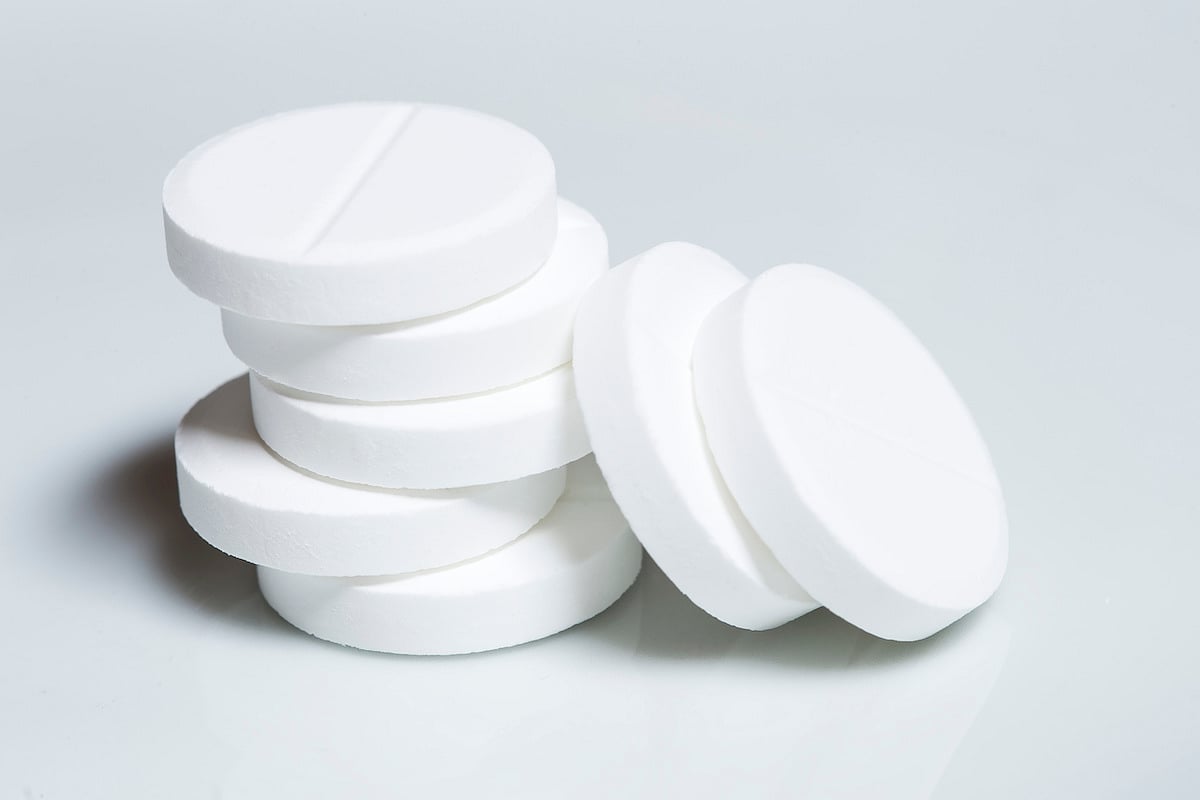Research has shown that bariatric surgery is safe and effective in carefully selected patients with obesity, resulting in long term weight loss, a lower risk of obesity-related comorbidities, longer life expectancy, and improvements in QOL. However, these procedures may cause short- and longterm side effects. For example, studies have shown that patients undergoing gastric bypass surgery have a higher risk for alcohol abuse and often increase their use of prescribed medications, including opioids, hypnotics, and sedatives, after the procedure.
“In previous research, alcohol intoxication and abuse has been observed as a side effect associated with bariatric surgery, especially gastric bypass surgery,” explains Per-Arne Svensson, PhD. “However, recent studies indicate that non-alcohol substance use disorders (SUDs) may also be increased after some bariatric procedures. A key challenge in managing people who undergo these surgeries is that SUD diagnoses are likely underreported by individuals with obesity. Self-reports of SUDs may also underestimate their incidence, especially if patients perceive negative outcomes by admitting they abuse substances.”
The Link Between Non-Alcohol SUDs & Bariatric Surgery
In a prospective study published in Obesity, Dr. Svensson and colleagues investigated whether bariatric surgery was associated with SUD involving substances other than alcohol. The analysis enrolled 2,010 patients with obesity who underwent gastric bypass surgery (n=265), vertical banded gastroplasty (VGB, n=1,369), or gastric banding (n=376), and matched them with 2,037 control group patients who received usual obesity care. Patients with a history of non-alcohol SUD were excluded from the study.
During a median follow-up of 23.8 years, only gastric bypass surgery was associated with a higher incidence of non-alcohol SUD compared with the control group, with an adjusted HR of 2.54. For every 1,000 person-years, the incidence rates for non-alcohol SUD were 1.6 for patients undergoing gastric bypass surgery, 1.1 for those undergoing gastric banding, 0.8 for those undergoing VBG, and 0.6 for the control group. The most common diagnoses were other psychoactive SUDs and disorders relating to sedatives, hypnotics, or anxiolytics, and opioid-related disorders.
According to the study, the incidence of nonalcohol SUD was higher in the gastric bypass group compared with the control group in both unadjusted and adjusted models (Table). In contrast, no differences were seen in nonalcohol SUD incidence between patients who had undergone VBG or gastric banding compared with the control group. Additionally, no differences in non-alcohol SUD incidence were detected between each of the groups that had undergone different surgical procedures. “When our results are taken into context with previous research findings, the data suggest that patients who have undergone gastric bypass surgery are at increased risk for addictive diseases,” says Dr. Svensson.
Findings May Help With Pre- & Postoperative Patient Counseling
In 2016, the American Society for Metabolic and Bariatric Surgery published a position statement paper that concluded gastric bypass surgery was associated with higher risk for developing alcohol use disorder. Based on the current study findings, this position statement might require future updates to also include non-alcohol SUDs. “During pre- and postoperative care consultations with bariatric surgery patients, clinicians should assess risks for SUDs besides alcohol,” Dr. Svensson says. “This is especially important when considering gastric bypass surgery as an option to treat obesity. After patients undergo a bariatric surgery, they should be monitored for all types of SUDs for the long term.”
Currently, there is no clear mechanistic explanation for the association between bariatric surgery and substance abuse. “In future research, studies should be designed to identify mechanisms between bariatric surgeries and SUDs, especially for gastric bypass surgery,” says Dr. Svensson. “In the meantime, clinicians should be aware of the risks for non-alcohol SUDs and gastric bypass surgery and take steps to be prepared to counsel patients appropriately.”



















Create Post
Twitter/X Preview
Logout